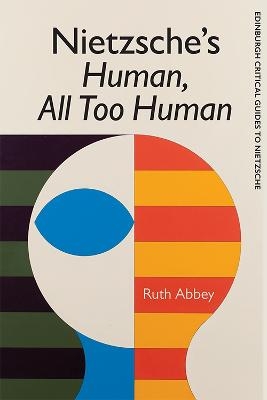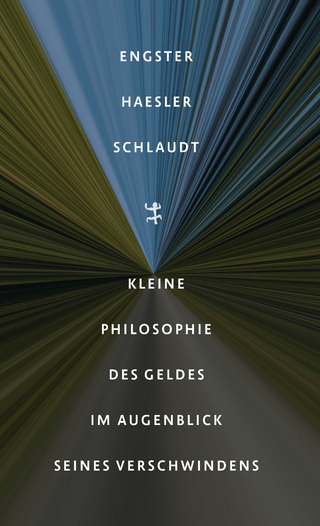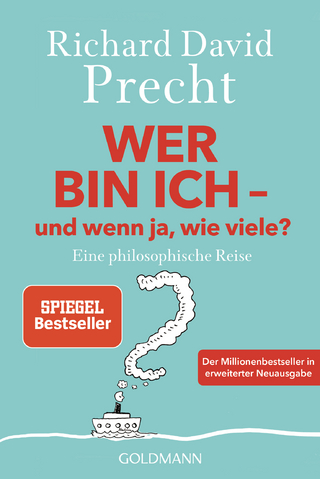
Nietzsche'S Human All Too Human
Seiten
2020
Edinburgh University Press (Verlag)
978-1-4744-3082-1 (ISBN)
Edinburgh University Press (Verlag)
978-1-4744-3082-1 (ISBN)
Ruth Abbey assumes no knowledge of the text or of Nietzsche. She maps her chapters onto those of Nietzsche's text, allowing you to read the guide alongside the book. Altogether, she opens up Human, All Too Human for new readers, while more experienced Nietzsche scholars will appreciate the new perspective.
Human, All Too Human marks the beginning of what is often called Nietzsche's middle or positivist period (which ends with the conclusion of Book IV of The Gay Science). It initiates some important features that become permanent in his work, such as his experiments in multiple writing styles within one work, his self-representation as a psychologist, his genealogical excavations of morality and his appeal to fellow Europeans to overcome the parochialism and antagonism of nationalism. Ruth Abbey shows Nietzsche to be more receptive to the Enlightenment tradition than he is typically taken to be. She assumes no knowledge of the text or of Nietzsche. She maps her chapters onto those of Nietzsche's text, allowing you to read the guide alongside the book. Altogether, she opens up Human, All Too Human for new readers, while more experienced Nietzsche scholars will appreciate the new perspective.
Human, All Too Human marks the beginning of what is often called Nietzsche's middle or positivist period (which ends with the conclusion of Book IV of The Gay Science). It initiates some important features that become permanent in his work, such as his experiments in multiple writing styles within one work, his self-representation as a psychologist, his genealogical excavations of morality and his appeal to fellow Europeans to overcome the parochialism and antagonism of nationalism. Ruth Abbey shows Nietzsche to be more receptive to the Enlightenment tradition than he is typically taken to be. She assumes no knowledge of the text or of Nietzsche. She maps her chapters onto those of Nietzsche's text, allowing you to read the guide alongside the book. Altogether, she opens up Human, All Too Human for new readers, while more experienced Nietzsche scholars will appreciate the new perspective.
Ruth Abbey is a Professor in the Department of Social Sciences, Swinburne University, Australia. She is the author of Nietzsche's Middle Period (OUP, 2000), Charles Taylor (Princeton University Press, 2000) and The Return of Feminist Liberalism (McGill-Queens University Press, 2011). She is the editor of Contemporary Philosophy in Focus: Charles Taylor (Cambridge University Press, 2004) and Feminist Interpretations of Rawls (Penn State University Press, 2013).
| Erscheinungsdatum | 22.02.2020 |
|---|---|
| Reihe/Serie | Edinburgh Critical Guides to Nietzsche |
| Verlagsort | Edinburgh |
| Sprache | englisch |
| Maße | 156 x 234 mm |
| Themenwelt | Geisteswissenschaften ► Philosophie ► Metaphysik / Ontologie |
| Geisteswissenschaften ► Philosophie ► Philosophie der Neuzeit | |
| ISBN-10 | 1-4744-3082-1 / 1474430821 |
| ISBN-13 | 978-1-4744-3082-1 / 9781474430821 |
| Zustand | Neuware |
| Haben Sie eine Frage zum Produkt? |
Mehr entdecken
aus dem Bereich
aus dem Bereich
Buch | Hardcover (2024)
Matthes & Seitz (Verlag)
28,00 €
eine philosophische Reise
Buch | Softcover (2024)
Goldmann (Verlag)
14,00 €


